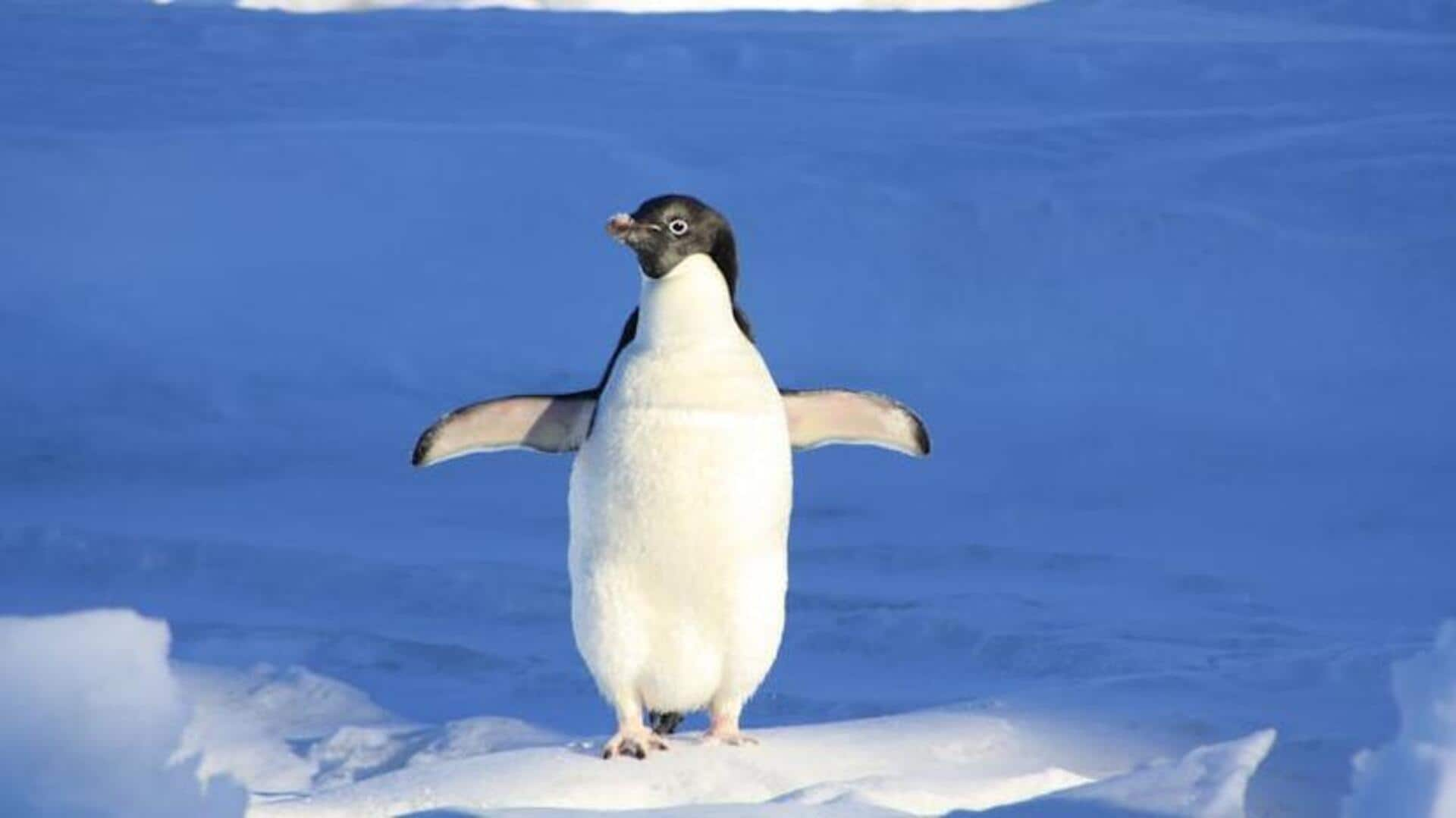
Antarctic expedition cruise: Encounter majestic Emperor penguins
What's the story
Embarking on an Antarctic expedition cruise offers a unique opportunity to explore one of Earth's most remote and pristine environments. This journey promises breathtaking landscapes of vast glaciers and untouched wilderness, along with close encounters with the majestic emperor penguins in their natural habitat. It combines the thrill of exploration with the awe-inspiring beauty of Antarctic wildlife, making for an unforgettable adventure.
Selecting your cruise
Choose the right expedition cruise
When planning your Antarctic expedition, it's crucial to select a cruise that visits Emperor Penguin colonies. These specialized voyages are usually scheduled from late October to early December, coinciding with the penguins' breeding season. Make sure the cruise you choose includes Zodiac landings, which allow for up-close experiences with these magnificent birds in their natural environment. This ensures a memorable encounter with Emperor Penguins.
Packing essentials
Prepare for your journey
The key to enjoying your Antarctic adventure lies in preparation, especially when it comes to packing. Essential items include waterproof clothing, layers for insulation against the cold, sturdy boots for wet landings, and binoculars for wildlife viewing. Do not forget your camera with extra batteries; capturing the ethereal beauty of Antarctica and its inhabitants will be a highlight of your trip.
Engage fully
Embrace the expedition experience
To make the most out of your Antarctic expedition cruise, engage fully with all aspects of the journey. Attend onboard lectures by experts about Antarctica's ecosystem and wildlife, particularly focusing on Emperor Penguins. Participate in guided Zodiac excursions to ice floes and islands where you can witness not only penguins but also seals and whales in their natural environment.
Environmental stewardship
Respect the fragile ecosystem
While exploring Antarctica's landscapes and observing wildlife, it's crucial to practice environmental stewardship. Follow your expedition team's guidelines on responsible behavior near wildlife and ecosystems. This includes maintaining a safe distance from animals, not leaving any waste behind, and minimizing noise pollution. These actions ensure the preservation of this pristine wilderness for future generations, allowing for respectful observation of Earth's last frontiers.